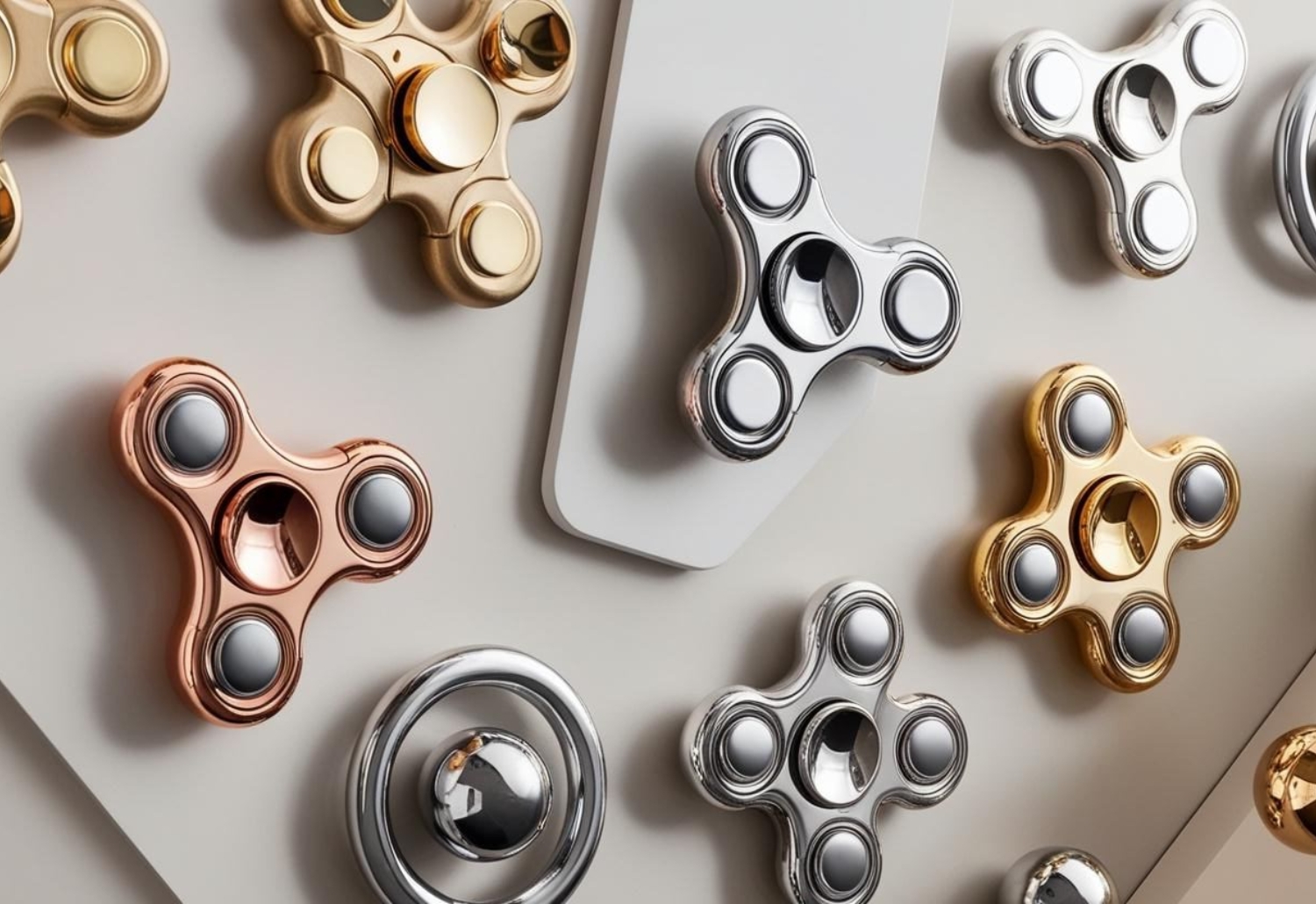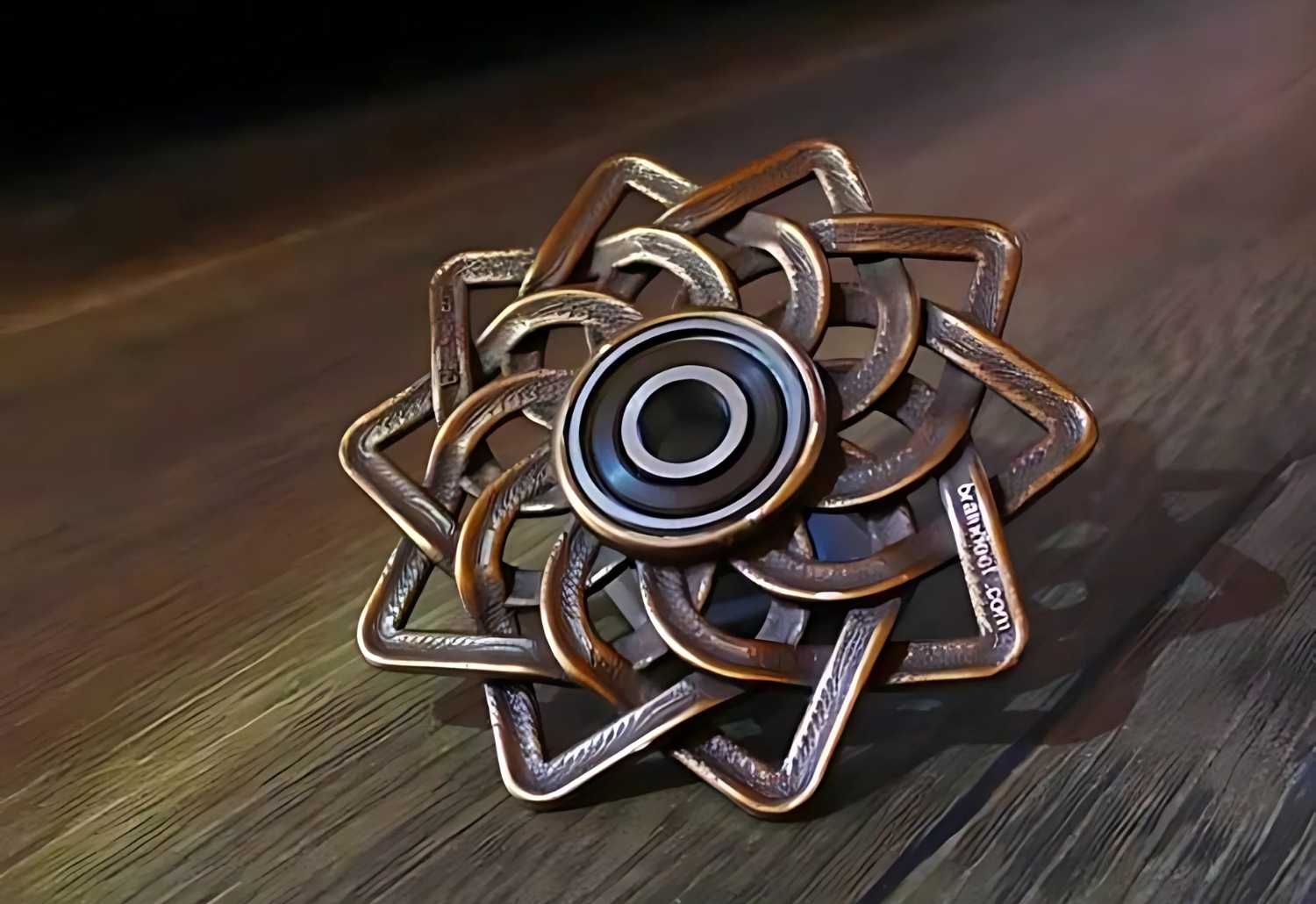The Psychological Fascination
Stress balls and fidget spinners are popular ways to deal with stress, especially in places like offices and schools. Promoted as easy approaches to clear the mind and enhance concentration, they have become somewhat popular throughout the previous ten years. But are these instruments more buzz than healing or do they really assist you controlling stress?
The Psychological Fascination
The repeated motion of squeezing a stress ball or flicking a spinner can provide some brief comfort. These strategies are based on sensory input; while your hands are occupied, your brain might find it simpler to focus or experience anchoring. These tools fit into a larger discussion on stress management and raising mental health consciousness.
What the Experts Say
Mental health professionals suggest that while fidget tools can offer some benefit, they’re not a comprehensive solution. According to clinical psychologist Dr. Kate Truitt, stress balls may provide short-term distraction but don’t address the underlying cause of anxiety. For people dealing with clinical anxiety or chronic stress, tools like these should complement—not replace—therapeutic techniques.
Useful, But With Limits
You may find that fidget spinners help you redirect nervous energy or stay focused during meetings. They might, however, also turn into diversions themselves. Their efficacy in organized settings usually relies on the person and the surroundings. Though they can help with stress and concentration, these instruments shouldn’t be expected to address more serious mental health issues.
Who Might Benefit Most?
For children or people with ADHD or sensory processing disorders, fidget tools could provide extra utility. Some find that the tactile interaction helps control restlessness or boost focus in ways that improve productivity or learning. Under these circumstances, stress balls or other similar tools can be useful supplements to more general mental health plans.

Balancing Use with Broader Solutions
Not a One-Size-Fits-All Answer
One should understand that what suits one individual could not be so for another. While someone else might become more distracted, clutching a stress ball could provide you relief. Good stress management sometimes calls for a customized strategy including physical exercise, mindfulness, therapy, or sensory tools.
Balancing Use with Broader Solutions
Fidget tools are better considered extras. Professional intervention is absolutely vital if your stress is interfering with your everyday performance. More sustainable relief can come from including good food habits, exercise benefits, and enough sleep in your schedule. Public health advice supports these changes in lifestyle and fits more general approaches for stress management.
The Rise of Stress Tools in a Changing World
Interest in instruments that offer relief rises along with knowledge of mental health issues. Fidget devices’ appeal stems from rising awareness of mental health issues in daily life. The public dialogue keeps changing toward more all-encompassing solutions addressing the underlying causes of stress during Mental Health Awareness Month and beyond.
Conclusion
Do fidget spinners or stress balls thus really help to lower anxiety? All things considered, they can assist—but only to a limited extent. Particularly in demanding environments, you can find brief reprieve or better focus. Deeper remedies are required, nevertheless, for long-lasting effects on mental health. Think of these tools as one part of a larger toolkit that includes professional guidance, physical wellness, and behavioral strategies.
The growing popularity of tactile stress relievers reflects a shift toward more proactive health management. Still, their value depends on how—and why—you use them. In an age where public health and mental well-being are under increasing strain, knowing what works for you is essential. Consider fidget tools a gateway, not a destination, in your journey toward better mental health.

